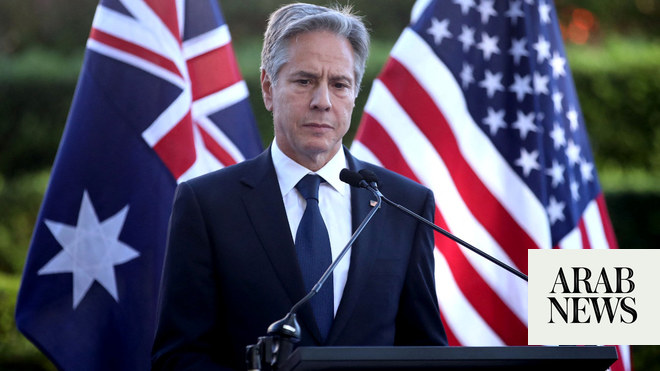
Saudi Arabia, the UAE and Kuwait pledged $2.5 billion aid to Jordan earlier this year
King Abdullah says combating corruption is the priority
LONDON: Gulf money is “absolutely essential” to support budgetary and financial stability in Jordan, a conference in London heard on Wednesday.
Speaking at Chatham House, Imad El-Anis, senior lecturer in Middle Eastern studies at Nottingham Trent University, said: “Only last week Gulf countries deposited about $1 billion into the Jordanian central bank to reinforce financial security and support reforms to improve living conditions for the wider population.”
Money, aid and investment from Saudi Arabia and other Gulf countries has been a central feature for several decades, he said. “Without it, the government in Jordan would be under far more pressure,” he said.
A good relationship with the GCC was a priority for Jordan and there was constant “institutional cooperation,” he said. “There has long been a reliance on external financial support.”
It was important for Gulf countries that Jordan remains stable in the light of turbulence elsewhere in the region.
El-Anis said that he welcomed the reopening of the Jordanian-Syrian border earlier this month following years of closure during the civil war. “That has restored a route that previously carried billions of dollars in trade from the region,” he commented.
El-Anis called for a more measured implementation of fiscal consolidation plans pushed by the IMF to reduce Jordan’s large public debt.
He said: “I have seen neo-liberal policies employed in Jordan over the last 20 years and they haven’t been working (as) they have been taken wholesale, without concern for the welfare of citizens.”
FASTFACTS
Jordan is trying to bring its debt-to-GDP ratio down from 94 percent to 75 percent.
In June protests in Jordan moved authorities to postpone tax rises — a key part of the IMF lending program. Jordan is struggling to bring the ratio of its debt-to-GDP ratio down from 94 percent to 75 percent, as well as trying to tackle unemployment of 18 percent.
In the summer, three Gulf states — Saudi Arabia, the UAE and Kuwait — pledged $2.5 billion in aid to Jordan to help Amman contain anger over austerity that had triggered protests across the country.
El-Anis said that there should be more support for small businesses in Jordan. He called for additional tax breaks and low-interest loans to help new enterprises find their feet.
“I still think you need competition and efficiency as the central driver of economic policy. But you also need to think about the way in which your communities can progress. What is their human condition?”
He said there should be more support for those who finish school or university as they transitioned to the workplace.
“Jordanians should be seen as resourceful, capable, intelligent.”
He added: “There is a lot of entrepreneurial potential in Jordan. But investment isn’t really there. Investment comes to larger corporations not smaller businesses,” he said.
Reuters recently reported that King Abdullah told the Cabinet that combating corruption remained the main priority for the government.
“The message to the people is: ‘We want to break the back of corruption in the country. It’s enough … we want to move forward. No one is above the law’,” he was cited as saying.












